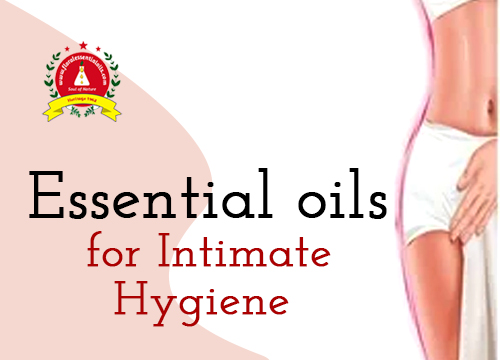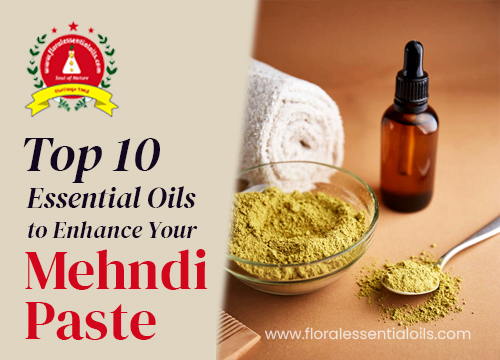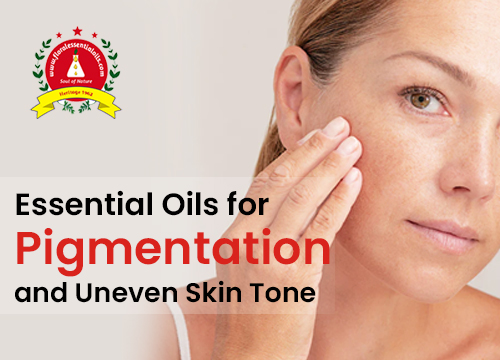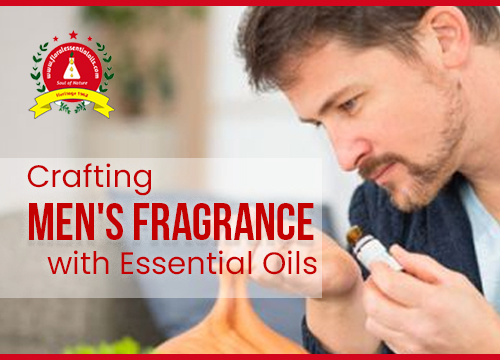Aging is a journey a quiet, graceful dance with time that brings with it a wealth of wisdom, experience, and beauty. Yet, as the years unfold, our bodies and minds often seek a little extra care to maintain their vitality and radiance. In this dance with time, essential oils emerge as gentle companions, offering their restorative touch to soothe, rejuvenate, and celebrate the beauty of every stage of life.
For centuries, essential oils have been revered for their ability to nurture the body, calm the mind, and uplift the spirit. These concentrated essences of nature, extracted from flowers, leaves, roots, and resins, carry within them the power to address the unique challenges of aging. From promoting youthful skin to easing joint discomfort and fostering emotional well-being, essential oils can be a natural ally in embracing the golden years with grace and vitality.
How Essential Oils Support Aging
As we age, our bodies undergo subtle changes—skin loses elasticity, joints may ache, and the mind sometimes yearns for clarity and calm. Essential oils, with their potent therapeutic properties, can help address these concerns in a holistic, nurturing way.
Skin Rejuvenation: The skin, our body’s largest organ, often bears the visible signs of aging. Essential oils like frankincense, rose, and neroli are renowned for their ability to promote cell regeneration, reduce the appearance of fine lines, and restore a youthful glow.
Joint and Muscle Comfort: Aches and stiffness can become more common with age. Oils such as ginger, peppermint, and eucalyptus have anti-inflammatory and analgesic properties that can soothe discomfort and improve mobility.
Emotional Balance: Aging can sometimes bring emotional challenges, from feelings of loneliness to a longing for purpose. Floral oils like lavender, ylang-ylang, and chamomile are known for their calming and uplifting effects, helping to ease anxiety and promote a sense of peace.
Cognitive Support: Maintaining mental clarity and focus is essential as we age. Rosemary and basil essential oils are celebrated for their ability to enhance cognitive function and memory.
Essential Oils for Every Need
The beauty of essential oils lies in their versatility. Each oil carries its own unique melody, and when blended together, they create a symphony of healing and harmony. Here are some ways to incorporate essential oils into your daily routine to support the aging process:
-
Nourishing the Skin
As the years pass, our skin craves extra care and attention. Essential oils can be blended into carrier oils, creams, or serums to create luxurious, natural skincare treatments.
- Frankincense and Rose Serum: Combine 5 drops of frankincense essential oil, 3 drops of rose essential oil, and 1 ounce of jojoba oil. Gently massage a few drops into your face and neck each night to promote elasticity and reduce the appearance of wrinkles.
- Neroli Toner: Add 3 drops of neroli essential oil to a spray bottle filled with rose water. Spritz on your face after cleansing to refresh and rejuvenate your skin.
-
Soothing Relief
For those moments when your body feels the weight of time, essential oils can offer soothing relief.
- Warming Massage Blend: Mix 5 drops of ginger essential oil, 5 drops of lavender essential oil, and 2 tablespoons of coconut oil. Massage into sore joints or muscles for a warming, comforting effect.
- Eucalyptus Bath Soak: Add 5 drops of eucalyptus essential oil and 1 cup of Epsom salts to a warm bath. Soak for 20 minutes to ease stiffness and promote relaxation.
-
Calming the Mind and Spirit
Emotional well-being is just as important as physical health, especially as we navigate the complexities of aging.
- Floral Diffuser Blend: Combine 3 drops of lavender, 2 drops of ylang-ylang, and 1 drop of chamomile in a diffuser. Let the calming aroma fill your space, creating a sanctuary of peace.
- Personal Inhaler: Add 5 drops of bergamot essential oil to a personal inhaler. Use it throughout the day to uplift your mood and combat feelings of stress or sadness.
-
Enhancing Cognitive Clarity
Keeping the mind sharp and focused is a gift we can give ourselves at any age.
- Rosemary and Lemon Diffuser Blend: Add 3 drops of rosemary essential oil and 2 drops of lemon essential oil to your diffuser. The invigorating scent can help improve concentration and mental clarity.
- Memory-Boosting Roller: Mix 5 drops of basil essential oil, 5 drops of rosemary essential oil, and 1 ounce of fractionated coconut oil in a roller bottle. Apply to your wrists and temples when you need a mental boost.
Embracing Aging with Grace
Aging is not just a biological process—it’s an opportunity to deepen our connection with ourselves and the world around us. Incorporating essential oils into your daily routine can become a cherished ritual, a moment to pause, reflect, and honor the journey you’ve traveled.
Imagine starting your day with a gentle massage using a rose-infused serum, feeling the softness of your skin and the warmth of the sun on your face. Or ending your evening with a calming bath, the scent of lavender and chamomile wrapping you in a cocoon of tranquility. These small acts of self-care are not just about maintaining physical health—they’re about nurturing your soul and celebrating the beauty of every stage of life.
Conclusion: Celebrating the Beauty of Aging
Aging is not a process to be feared or resisted—it’s a journey to be embraced, celebrated, and cherished. With the gentle touch of essential oils, we can navigate this journey with grace, vitality, and a deep sense of well-being. From the restorative power of frankincense to the calming embrace of lavender, these natural wonders offer a holistic approach to aging that nurtures the body, mind, and spirit.
As you explore the world of essential oils, let Floral Essential Oils be your trusted companion. Our exquisite range of essential oils, crafted with purity and care, brings the essence of nature’s beauty into your life. Whether you’re seeking to rejuvenate your skin, calm your mind, or simply indulge in a moment of self-care, Floral Essential Oils offers a timeless way to celebrate the golden years.
So take a moment to breathe in the scent of a blooming rose, to feel the warmth of the sun on your skin, and to celebrate the wisdom and grace that come with each passing year. With essential oils by your side, the journey of aging becomes not just a process, but a celebration of life itself.
Discover the beauty of aging with Floral Essential Oils—your natural partner in grace and vitality.










